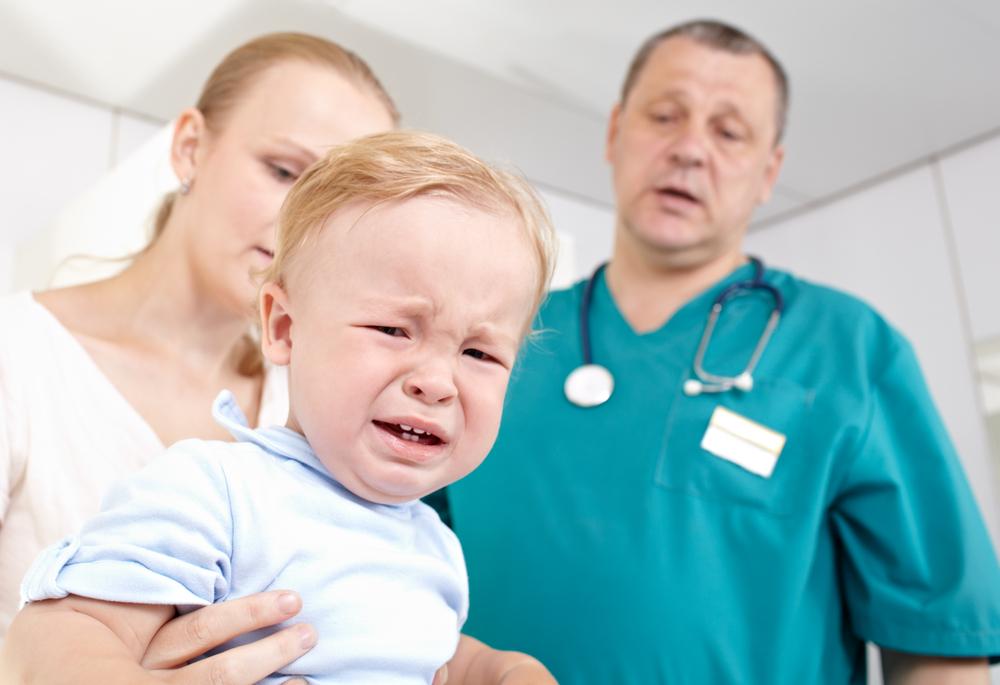
Causes of Gas in Adults and Babies
Intestinal gas can be very uncomfortable, regardless of age. There are several causes for gas and bloating, and most will vary depending on how developed the digestive tract is. This will determine the kinds of food an individual can consume and susceptibility to diseases related to the digestive system. This is why even though both adults and babies experience gas problems, the causes are very different.
Typically, the gas in your stomach is a result of the digestive process, and the excess gas is eliminated either through flatus or burping. An individual experiences pain if the case of trapped gas or its movement is constricted. Several factors can cause excess gas and gas pain in adults, including:
1. Gas causing foods
Most foods that cause gas are legumes and high fiber foods. Legumes contain oligosaccharide, a type of sugar that the body is unable to break down completely. The intestines contain bacteria that can break it down. This process causes fermentation, thus producing the gas released as flatulence. Eating too many legumes might cause gas pains. To prevent this, soak the legumes overnight before cooking them. This reduces the galactans that cause gas.
2. Celiac disease
This is the autoimmune inability of an individual to process gluten since it leads to the damage of the small intestine. It is a severe hereditary disease and can develop at any age after an individual starts consuming products or medicine that contains gluten. Excess gas is a prevalent symptom of this disease. An individual will experience bloating and swelling of the abdomen. The only known treatment is adhering to strict gluten-free meal plans.
3. Crohn’s Disease
This is an inflammatory chronic bowel disease that affects the linings of the digestive tract. This means that the affected part of the tract has a lot of bacteria. There is a production of gas when the bacteria break down food residue.
4. Gastroesophageal reflux disease (GERD)
This is a chronic disease where bile severely irritates the lining of the food pipe. This can also be caused by reflux of stomach acid. It can affect people across all ages, including infants. Asthmatic people are more prone to GERD. Individuals with this condition will burp a lot to try and alleviate discomfort.
Typically, gas in babies is common, and it’s seldom severe. You must identify the issue as fast as possible to prevent pain and discomfort. Some of the reasons for gas in babies and infants, include:
1. Excessive crying
Whenever babies cry, they tend to swallow air. After crying, you will hear them passing gas. However, since they can’t speak, it may be hard to perceive whether they are crying is causing gas or gas is causing the crying. To soothe a baby during a colic period, you can switch to Similac lactose free formula since it is easier to digest.
2. Swallowing
If babies feed on the wrong positions or incorrectly latch to the breast, they may swallow a lot of air. Babbling too much can be a way of swallowing air too.
3. Immature digestive tracts
Due to the complexity of the digestive system, it takes a while for a baby’s gut to learn how to process food, control gas, and stool effectively. Since the microflora, hormonal regulation processes, and the carbohydrate metabolism are immature is a baby, gas may be present.
4. Trying new foods
Introduction to new foods will make a baby gassy because their digestive tract is still developing. Try Enfamil formula for gassy babies if your baby has a problem digesting protein. It also reduces gas within a day. Try formula milk for colic babies as you introduce new foods. Learn your babies’ reaction, so you know what allergens to avoid.


